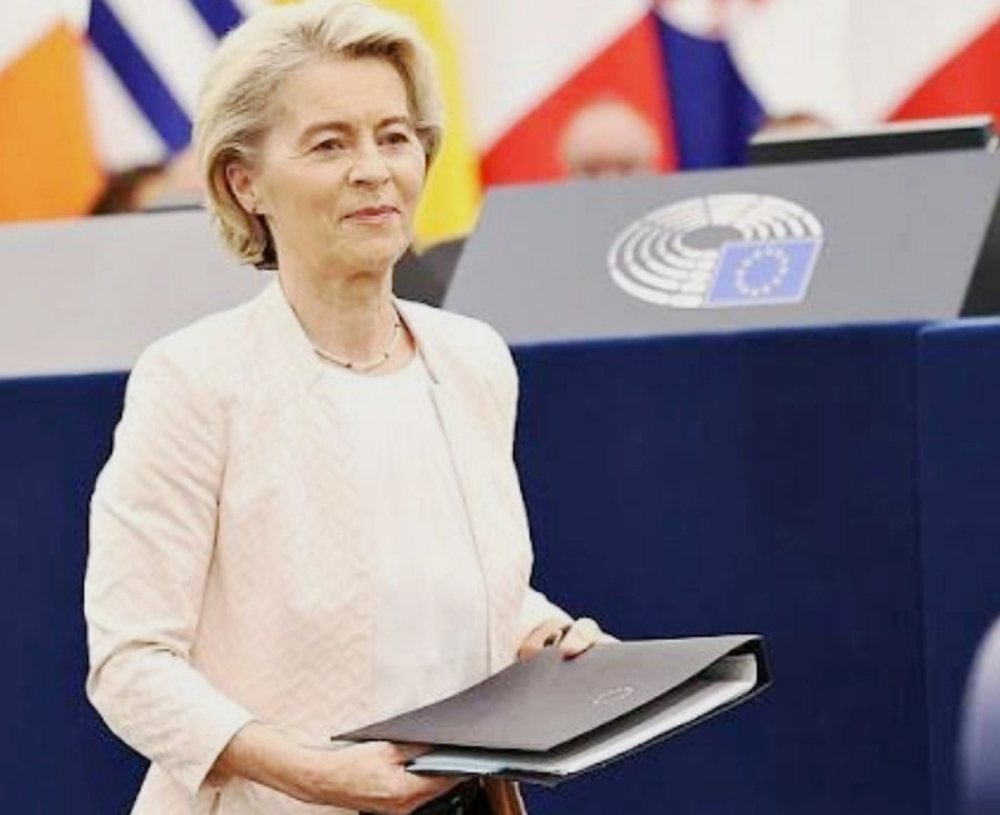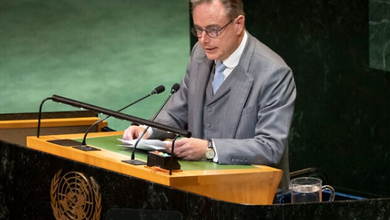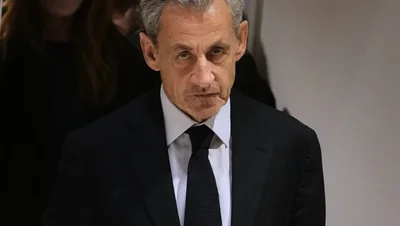
European Commission President Ursula von der Leyen has expressed strong support for the idea of setting a minimum age for using social networks, describing it as a necessary step to protect children and young people from the potential negative impacts of these platforms.
In a speech at the United Nations General Assembly in New York, von der Leyen stressed that many European Union countries are supporting this initiative. "The time has come to define a 'digital age of maturity' for the use of social networks," she said, adding that she fully supports this position as a mother of seven children and grandmother of five grandchildren.
The requirement for a minimum age has gained increasing support from some EU countries, such as Greece, France and Denmark, which have highlighted that the use of social networks can have harmful consequences for children's development. However, the way in which this measure is implemented has sparked strong debates among policymakers, as such issues are linked to various aspects of legality and individual rights.
Globally, one such example is provided by Australia, which has set a minimum age of 16 for creating accounts on several social media platforms. This law is expected to come into effect by the end of the year, making Australia a potential example for other countries.
To further advance this proposal, von der Leyen confirmed that there are plans to create an EU commission, which will assess which measures are necessary and reasonable to implement at European level, ensuring that any step taken is direct and compatible with the interests of European children and youth.
This discussion reflects a growing concern about the role of technology and social media in the lives of young people, prompting a broader debate about balancing the potential benefits and risks they may pose to the development of young individuals.






















